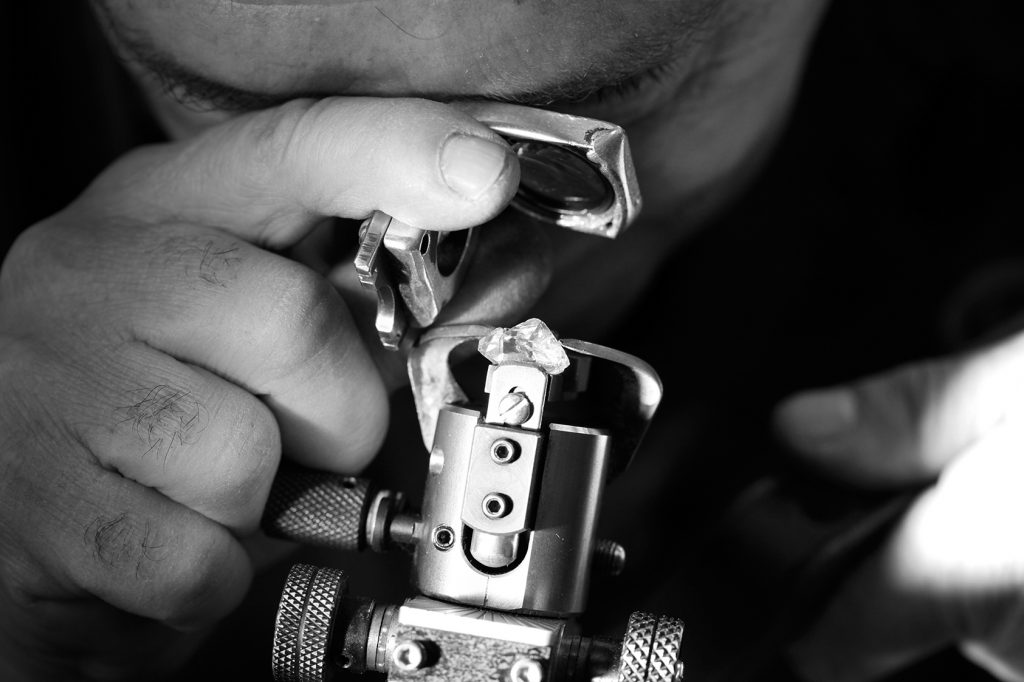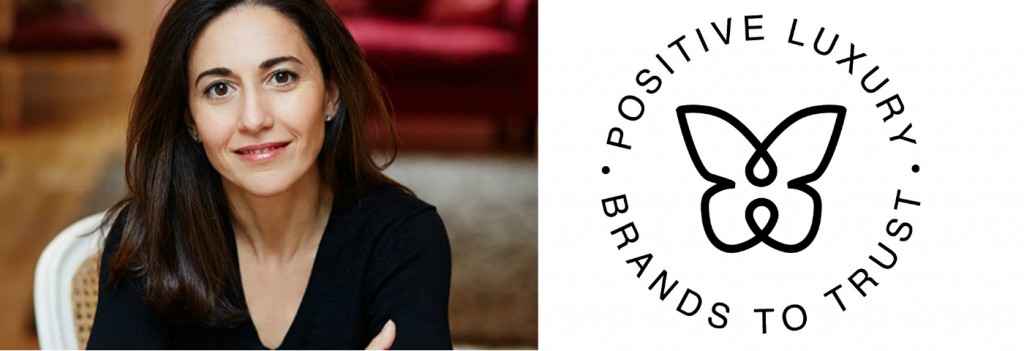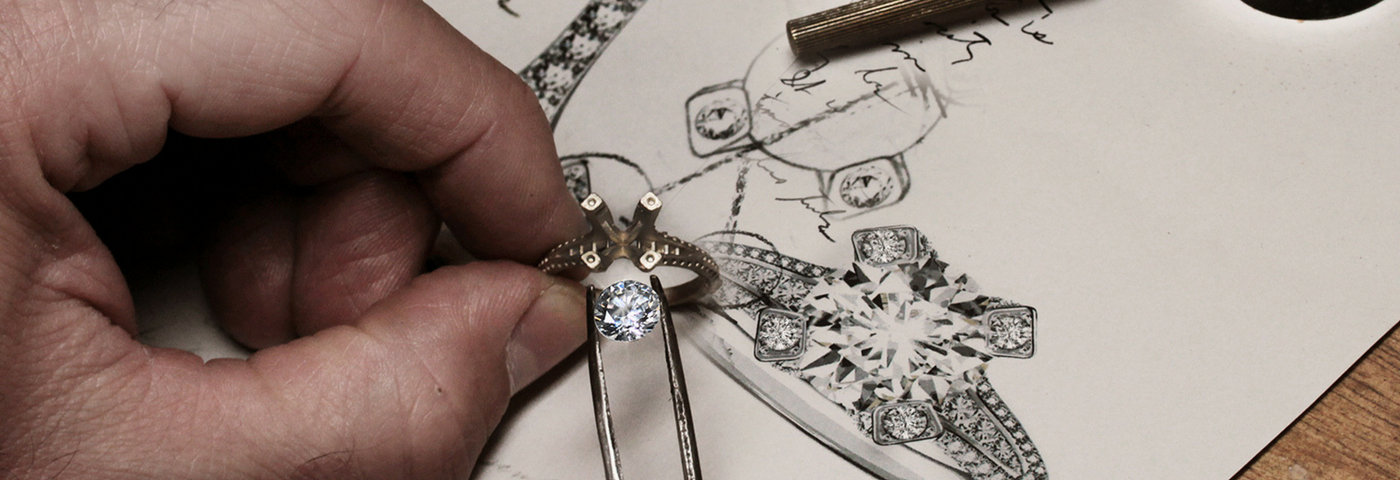What makes a luxury product like jewellery desirable in 2017 is very different to what made an item a must-have even five years ago.
As the world around us changes at what feels like a dizzying pace, the luxury industry does too.
This month we released our 2017 Predictions for the Luxury Industry report. On the one hand, our research shows today’s shoppers are as mindful of the central pillars of luxury products – quality and craftsmanship – as ever.
Read more: Brands presented with The Butterfly Mark Award by Positive Luxury
But we also found that the very best brands, the ones that are growing and thriving, consciously use themselves and their products as agents of positive change and growth in society. They act with purpose.
Creating a luxury product that sells is no longer just about sourcing the best materials, having high quality values and demonstrating brilliant creativity. Luxury for today’s emerging consumer also means knowing that the brand behaves consciously and that it holds positive values.
Read more: The Trends That Will Shape Jewellery in SS17

Constantino Papadimitriou, senior vice-president of brand strategy and innovation at Forevermark, part of the De Beers Group Companies, says in the report: “Purchasing patterns are changing, and consumers are now ‘looking under the hood and kicking the tyres’ of luxury brands.”
We have identified the rise of a return to purpose of many traditional luxury brands, and charted the growth of newcomers to the market who are succeeding by sticking to their principles and providing solutions to pressing problems of societies.
For example, for watchmakers IWC Schaffhausen, one action includes supporting the Charles Darwin Foundation’s research into preserving the Galapagos Islands’ ecosystem, via sales proceeds of a specialist diving watch. Another is helping to set up the Swiss branch of the Laureus Sport for Good Foundation, which connects children with sport projects.
Read more: The Rock Hound Presents Raw Gemstone and Fairtrade Jewellery Ranges
For Forevermark, this means creating hospitals run in partnership with the Botswana Ministry of Health, which are not just for staff but free and available to everyone, and a HIV and AIDS support programme.
For jeweller Stephen Webster, this means using exclusively fair trade-mined gold throughout his bridal and engagement collections.
For smaller, start-up and new businesses, such investments are often a financial impossibility. But the idea remains the same: if a brand can show its commitment to making the world around it better, even on a modest, highly localised scale, customers will respond positively, particularly younger customers.
Read more: Positive Luxury CEO Diana Verde Nieto on the power of trust marks
Customers now want to know the ins and outs of how a product came to be. For the jewellery industry, this presents a unique opportunity. Often working with rare materials and resources, brands that can show they have looked after these materials and the land and people that produced it will earn the respect and trust of consumers.

Jewellery businesses that make efforts to understand the hearts and minds of increasingly aware, more questioning customers, will have what it takes to demonstrate their value and leadership in an increasingly competitive global marketplace.
Register here to receive the complete Positive Luxury 2017 Predictions for the Luxury Industry: Adapt to Succeed report.
IJL is #withyou to help your business grow and adapt in 2017. If you would like to find out more about promoting your brand or business, please contact us.
Images courtesy of Forevermark, part of The De Beers Group of Companies.


6 comments